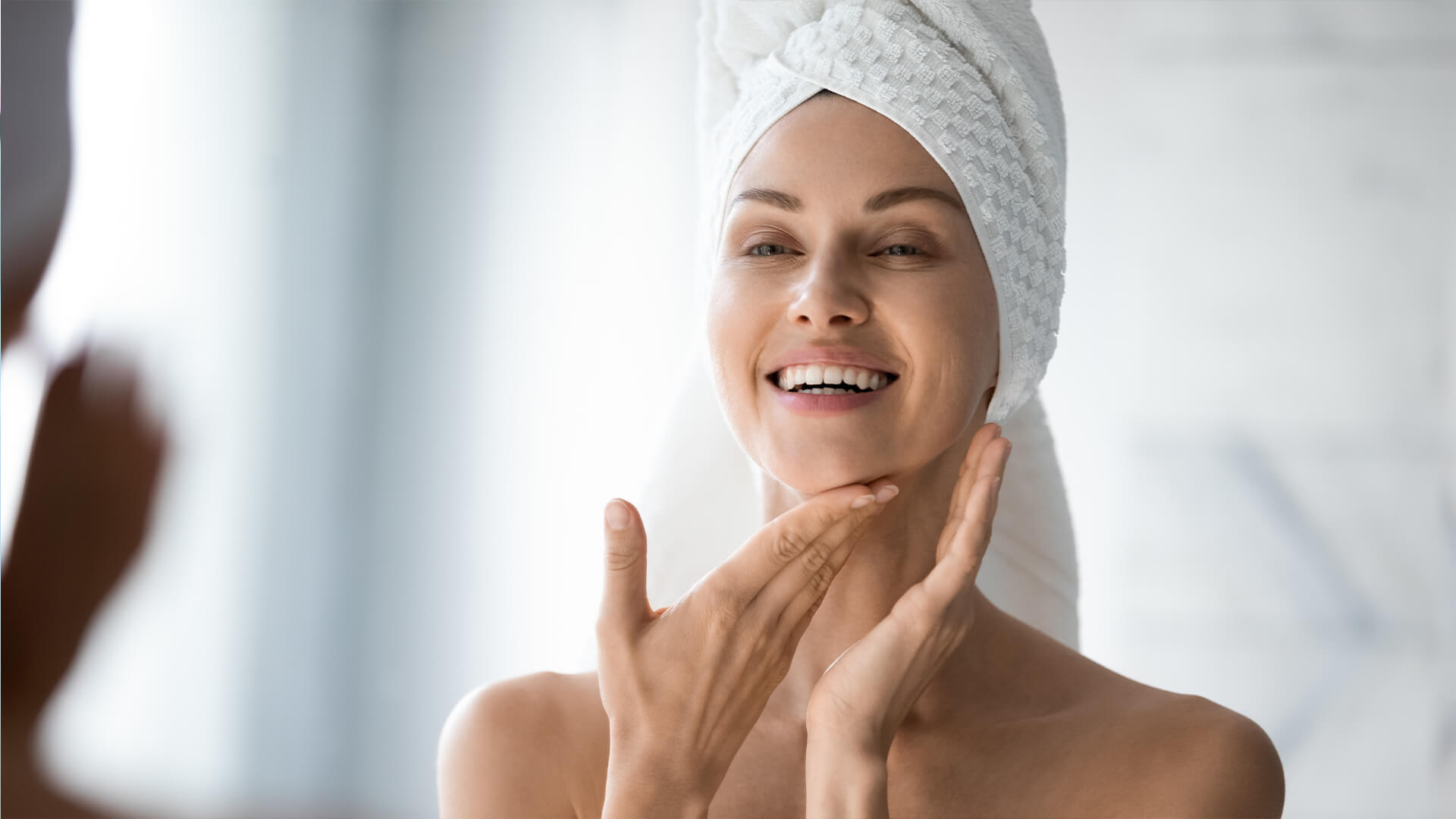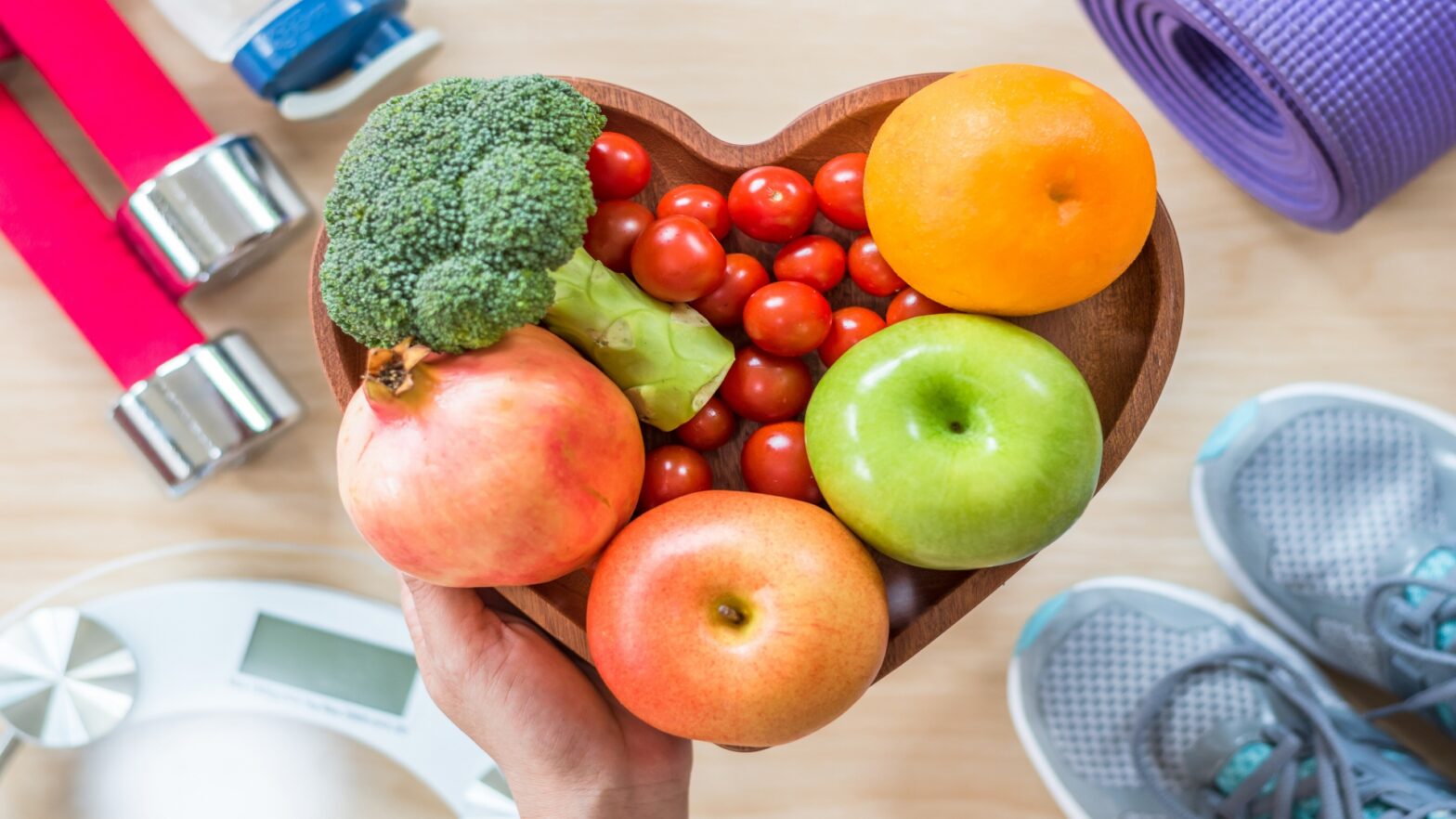Whilst the government recommendation to tackle COVD-19 is to stay home, quarantine and extended periods of self-isolation can lead to unintended skin damage. As well as this, factors such as emotional stress and our diets can lead to breakouts and skin irritation. To combat this, we spoke to Chanelle Rosa, Aesthetic Specialist at Candela Medical, who provides her top 5 tips on how to maintain your healthy skin.
1) Continue to use SPF
Although you are indoors, sun protection is key for shielding your skin from the sun’s harmful ultraviolent rays, which can sometime penetrate through windows and glass. Not only will a daily SPF protect you from sunburn, but it will prevent premature ageing, wrinkles and skin cancer. As we are spending more time indoors, we also need to protect our skin from the blue light radiating off our phone, laptop and TV screens. Blue light (also known as HEV) can contribute to hyperpigmentation, skin inflammation and collagen degradation. Always use an SPF of at least 15 and top it up every four hours.
2) Moisturise, moisturise, moisturise!
The air indoors tends to be drier and can lack humidity, causing the skin to dry out and be more prone to flaking. The best way to combat this is by using a rich moisturiser to hydrate and relieve the skin. If you have skin conditions such as eczema and rosacea, it is best to use fragrance free, thick lotions that are suitable for all skin conditions as some moisturisers may cause skin irritation or a burning sensation. There are plenty of lotions designed for specific skin conditions, so remember to do your research and always patch test on a small section of skin before applying the product elsewhere.
3) Go easy on the alcohol
Whilst drinking alcohol might seem like a good way to pass the time, alcohol is a diuretic, meaning it will dehydrate you regardless of the quantity you are drinking. Dehydration classifies as two drinks a day and with the skin being the largest organ in your body, it is no surprise that despite moderate drinking, dehydration has significant effects on your skin. The morning after drinking, it is common for the skin to feel drier, appear dull and blotchier. This is due to acetaldehyde, a toxic by-product of the enzyme released when drinking alcohol. As your body overworks to flush out this toxin and replenish hydration levels, it begins to store the water it does have and stops delivering the amount of oxygenated blood to your skin, which keeps it feeling hydrated. This can make your skin appear dull the next day and fine lines may appear more visible, as hydrated skin often smooths over the appearance of wrinkles.
4. Try to keep up your regular routine
Whilst social distancing is a great opportunity to go makeup-free, let your hair grow and nails heal, your skincare routine should not be relaxed. When it comes to skincare, consistency is key to avoid a dehydrated complexion, congestion and future breakouts. Throughout the day your skin can become oily, dead skin cells can accumulate and bacteria, viruses and pollutants can harbour on your skin. This is why daily facial washing with a cleanser is so important. For a great skincare routine, we recommend starting off with a cleanser, then using a toner, serum and moisturiser. Exfoliation with a facial scrubcan be included in your homecare routine, with the frequency dependant on skin type.
5. Reschedule your facial appointment
Whilst home treatments are a great way to maintain healthy skin, they can be laborious, and the results will not be the same as those achieved during your facial appointments. Systems such as The Nordlys are designed to effectively treat pigmentation, wrinkles, vascular lesions and other skin conditions that may have accumulated over years, which cannot be solved with a basic skincare routine. Whilst health and safety should be everyone’s top priority right now and these appointments can certainly wait, checking in with your local aesthetician about their salon’s policy for rescheduling, and even how they’re doing during this difficult time, will not go amiss.
This piece was brought to you by the experts at https://candelamedical.com/uk


















